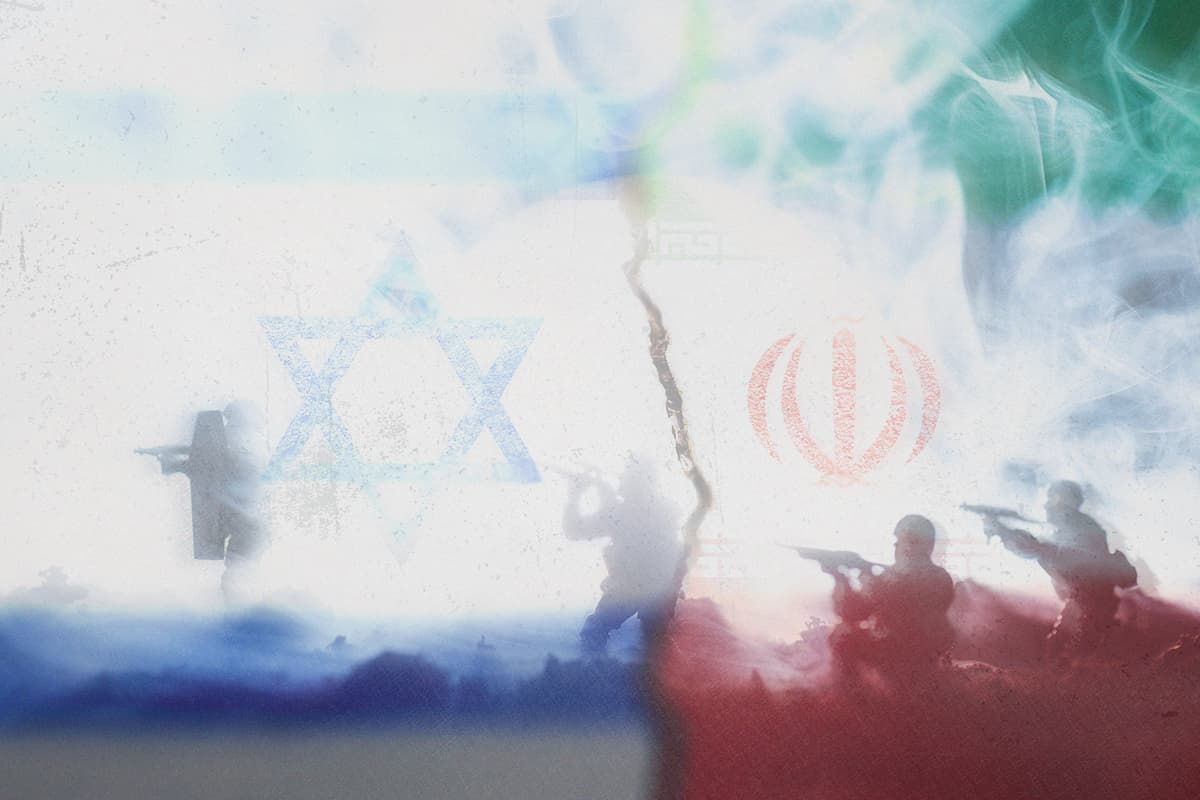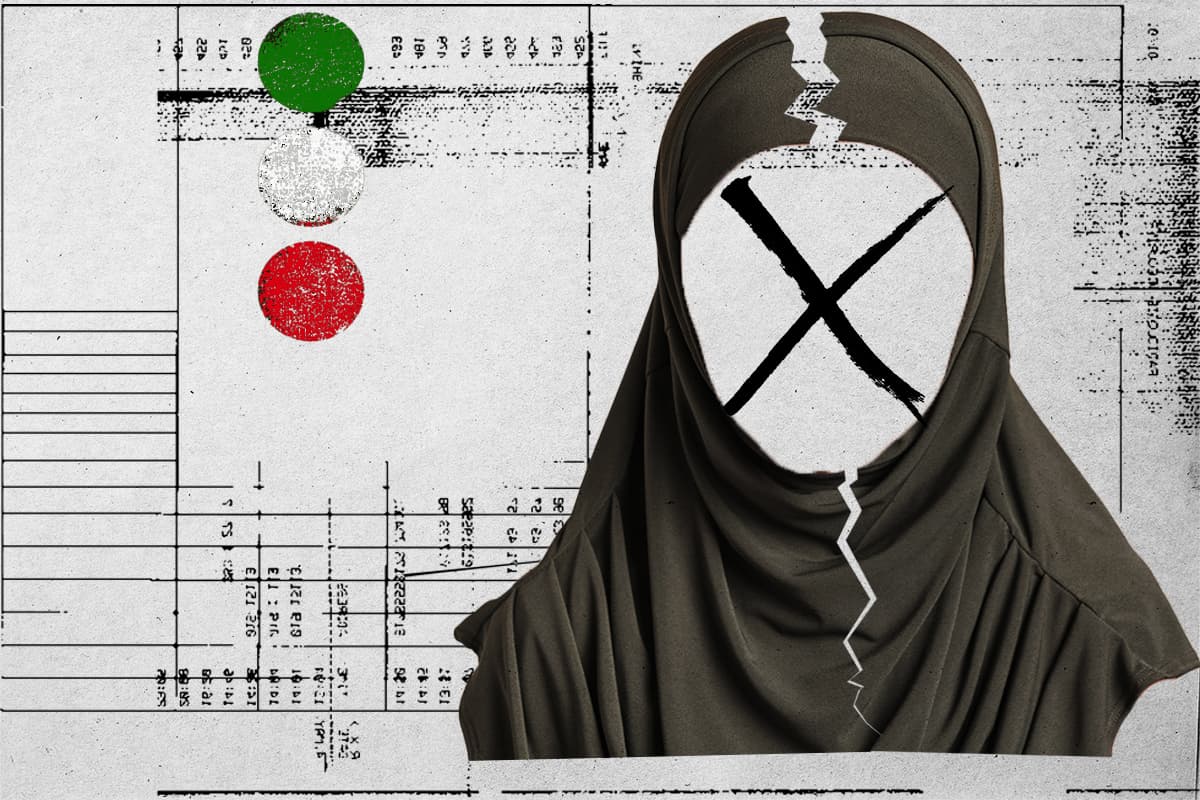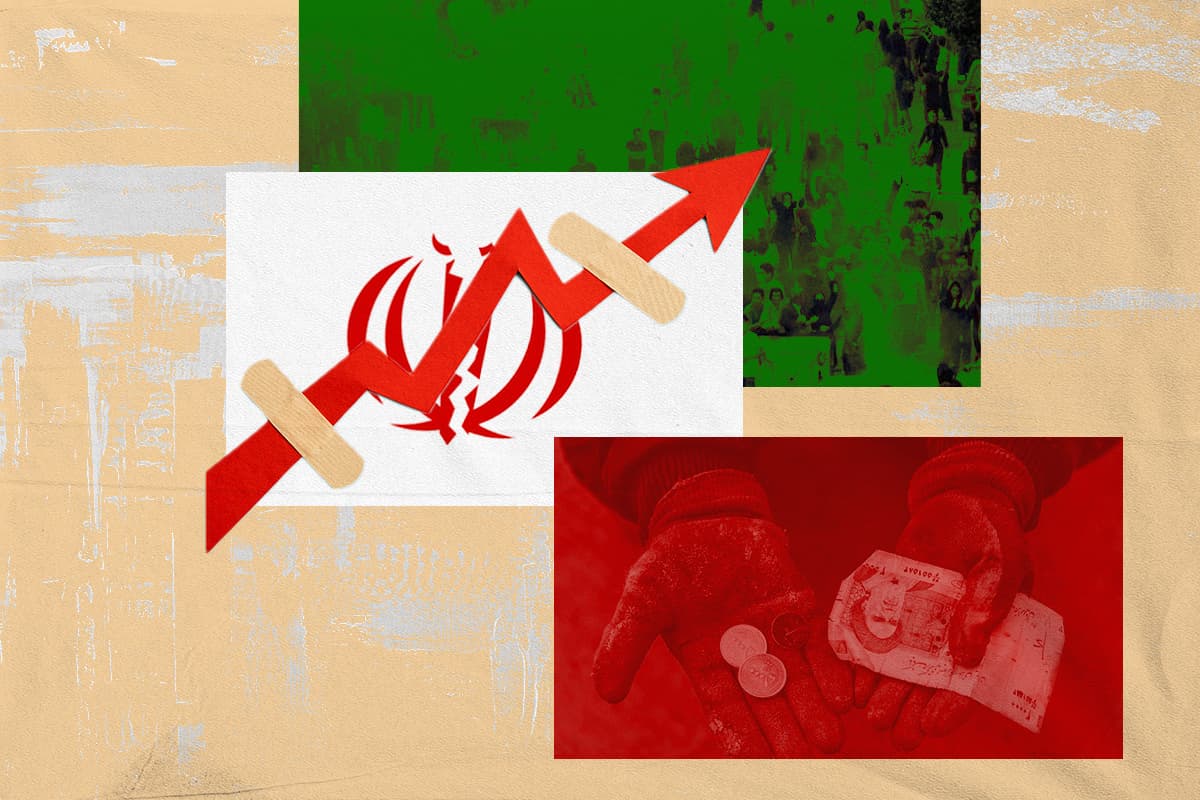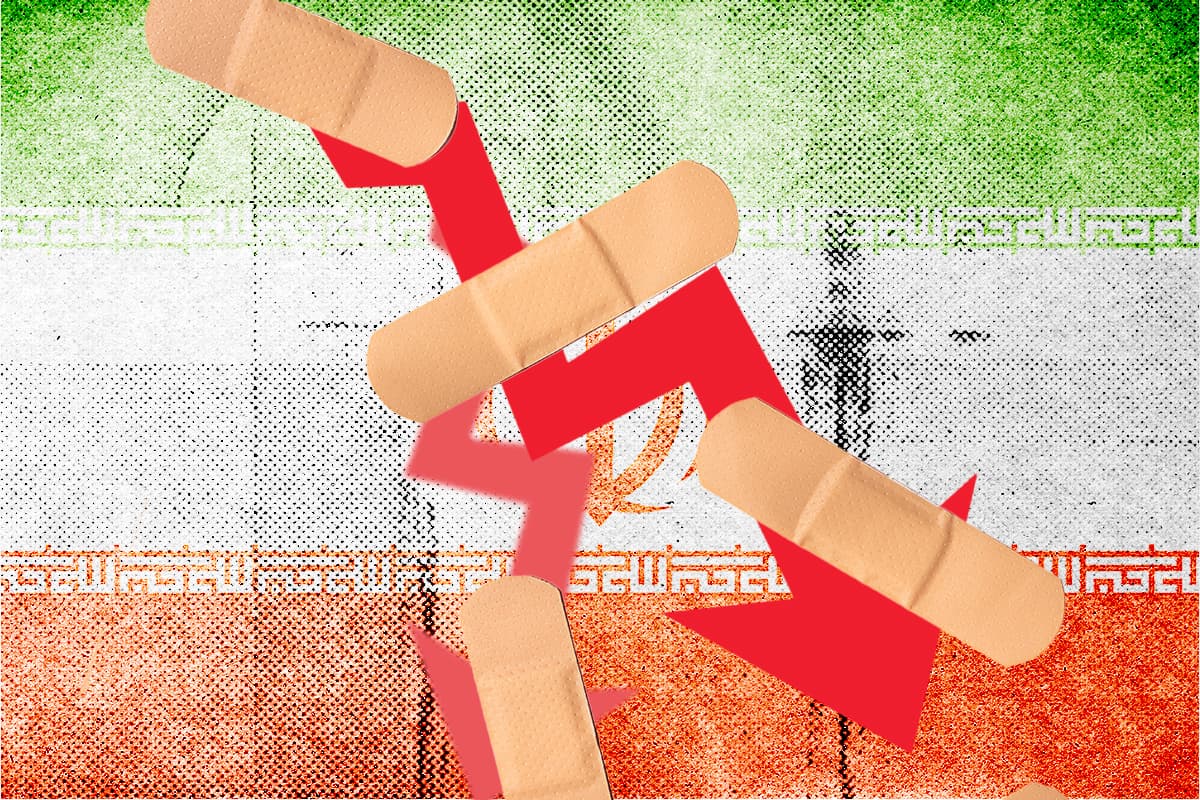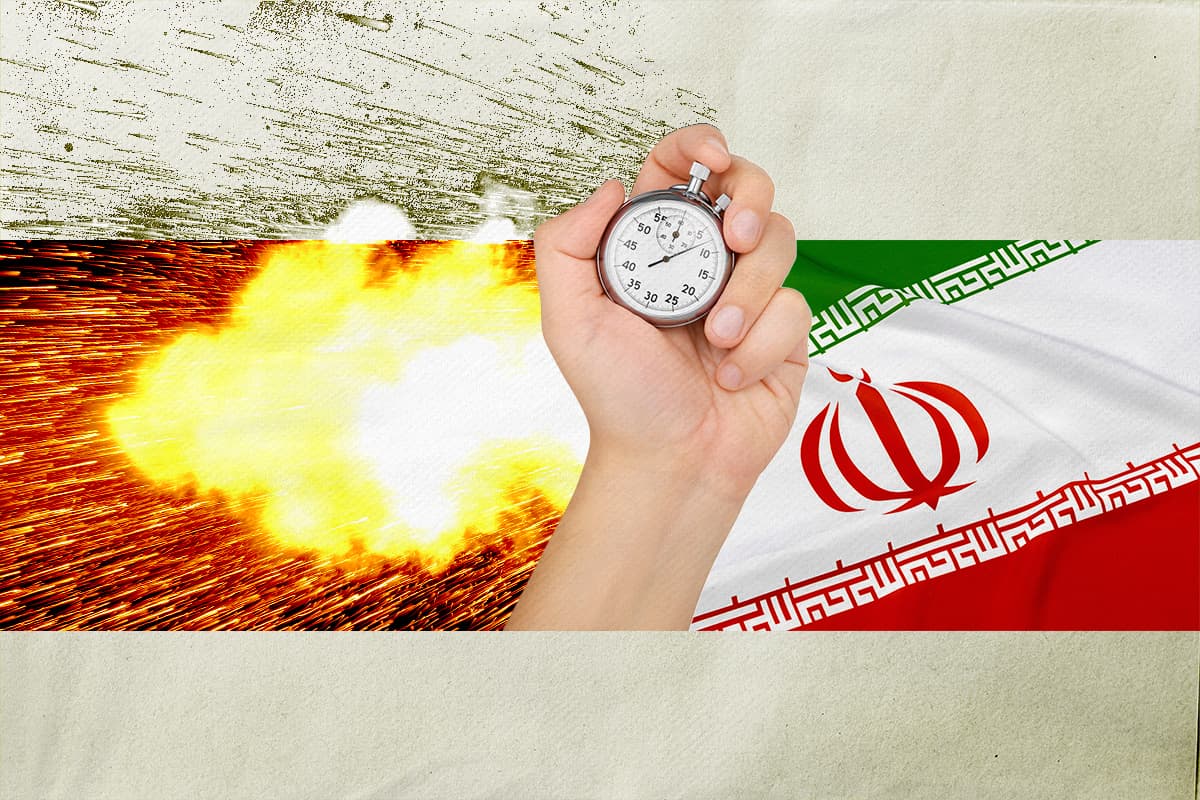Debates regarding a potential Israeli attack on Iran continue to reveal a prevailing belief among analysts that such a strike is possible. This underscores the notion that, contrary to the claims of hardliners, Iran’s launch of drones and missiles at Israel has not achieved deterrence, and the purported increase in stature or support for Iran following the IRGC’s assault remains uncertain. Persistent concerns about Iran’s precarious geopolitical position have led observers to call for preparedness for the worst-case scenario. Such psychological instability further aggravates the adverse effects on societal and economic conditions.
Two days after Iran’s unprecedented attack on Israeli territory, the atmosphere of pre-attack concerns about war, prevalent in reformist outlets, has resurfaced with speculation about Israel’s potential response. Conversely, hardline outlets maintain that there are signs of a shift in Tel Aviv’s strategy, suggesting a retreat from adventurism on Iranian soil, and heralding a “new Middle East” shaped by Iran. Additionally, a prominent narrative among conservative outlets is that Operation True Promise has united all political factions, partially evidenced by a delayed statement of support from former president Mohammad Khatami, who had sat out the recent elections in protest. Amid these unverified claims, the sensitivity of hardline outlets becomes apparent concerning any statements from reformist politicians that hint at war-like conditions, criticize overarching Iranian policies, or advocate for negotiations with the U.S. This sensitivity, coupled with judicial charges against certain reformist journalists who warned of potential war, suggests that the unanimous support and praise for the attack in headlines on 15 April may have been influenced by directives from higher authorities. This would indeed not be the first instance of severe media control by the state during critical times.
While conservative analysts, like former diplomat Abolfazl Zohrehvand, lavishly praise Iran’s response, calling it more impactful than Operation al-Aqsa Storm (the Hamas attack on Israel), they assert that any potential Israeli response would be met with immediate and severe retaliation. Zohrehvand claims that in the event of an attack on nuclear sites, Iran would swiftly withdraw from the NPT, with the condition for its return being the complete nuclear disarmament of the region. For reformist observers, the potential Israeli plots against Iran are varied, with slim chances for Iran to depend on so-called partners like Russia in the event of a war. Ne’matollah Izadi, a former ambassador to Russia, suggests that Moscow could have prevented Iran’s response by proposing a resolution at the UNSC to condemn the Israeli attack on the Iranian consular building in Damascus that killed senior IRGC officers. Iranian officials have stated that if the UNSC had condemned Israel, perhaps Iran would not have felt compelled to respond.
Regardless of the effectiveness of Iranian weaponry in Operation True Promise, the mere fact that the Islamic Republic launched an attack on Israel could be sufficient reason for Israeli PM Benjamin Netanyahu to consider retaliation. Moreover, the media environment that partly fueled Iran’s initial attack continues today and could provoke a response from Tel Aviv—potentially a stronger and more dangerous one. Analysts are divided on whether Netanyahu genuinely seeks a war with Iran, a debate similar to that which occurred in October 2023 about Iran’s intentions following allegations of Tehran’s involvement in al-Aqsa Storm. Nonetheless, reformist observers stress the importance of preparedness for such extreme conditions. Some, like Ali Bigdeli, argue that Iran’s economy cannot withstand hostilities and that, unlike the Iran-Iraq war, a full-scale conflict with a foreign enemy would not unite the nation internally. Bigdeli advocates for secret diplomacy between Iran and the West, acknowledging the necessity for Iran to demonstrate its military strength against Israel but noting the precarious position this has created. Other analysts also emphasize the need for strategic defense preparedness, which includes lodging complaints with the International Court of Justice, launching media campaigns against Israel, and weakening Israeli relations with other countries—all while bearing in mind that in times of war, all countries, including China and Russia, will prioritize their own national interests.
Meanwhile, Iran’s announcement of an upcoming visit by IAEA Chief Rafael Grossi to Tehran might be part of a calculated effort to portray its proclaimed peaceful intentions while reserving the right to respond to Israeli aggressions. Iran’s communications with various countries, reportedly 72 hours prior to the attack on Tel Aviv, aimed to convey a message of engagement with non-hostile states.

